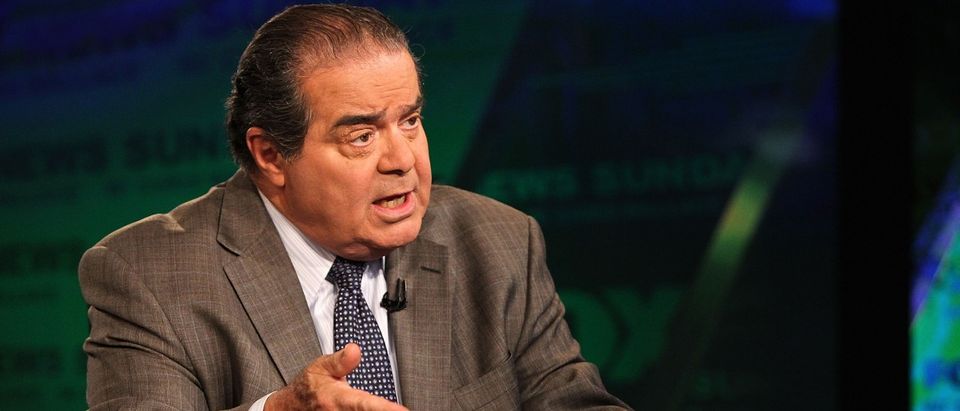U.S. Supreme Court is now likely split on the question of whether to end mandatory union payments for public-sector workers after Justice Antonin Scalia passed away Saturday.
Rebecca Friedrichs and nine other teachers argued Jan. 11 before the Supreme Court that mandatory union payments violate their constitutional right to free-speech. The California Teachers Association (CTA) disputed the claim while noting mandatory union payments avoids the problem of free-riders. Scalia was believed to be on the side of the teachers but his death now splits the court.
“The Court is now divided four to four,” Attorney Tom Goldstein wrote on SCOTUSblog. “The most immediate and important implications involve that union case. A conservative ruling in that case is now unlikely to issue.”
Goldstein adds that without a majority decision, the ruling will default to whatever the lower court decided. The lower court upheld mandatory union dues by ruling in favor of the union. Teachers are technically public-sector employees so a decision in favor of Friedrichs could set a precedent for all government workers.
The free-speech question has been heard by the court before. The teachers hope to reverse the 1977 case Abood v. Detroit Board of Education which has allowed unions to require full dues or nonpolitical fees as a condition of employment. The case addressed the free-speech issue by allowing workers to only opt-out of funding union political activities.
The union asserted its only fair to require mandatory union payments. Unions that get voted in as the exclusive representative for a workplace are required by law to represent all the workers regardless of whether they pay dues. The teachers countered the argument by noting they didn’t want what the union was fighting for because it benefited teachers at the expense of students.
President Barack Obama is now responsible for appointing a replacement justice. The U.S. Senate must approve the replacement but the Republican majority is threatening to block any appointments until after Obama leaves office in a year. Labor unions are now urging the president and senate to pick someone immediately.
“The Supreme Court plays an important role as the third branch of government under the Constitution,” American Federation of Government Employees National President J. David Cox said. ” The members of the other branches of government must now act expeditiously to fulfill their Constitutional roles in nominating and confirming the next justice to sit on the Court.”
The president is likely to appoint a liberal leaning justice who will probably side with the union. To the teachers and their supporters, the case could mean the end of laws that restrict worker freedom. To opponents, unions are what give workers a voice, so limiting their power will adversely impact their communications and negotiations with employers.
All content created by the Daily Caller News Foundation, an independent and nonpartisan newswire service, is available without charge to any legitimate news publisher that can provide a large audience. All republished articles must include our logo, our reporter’s byline and their DCNF affiliation. For any questions about our guidelines or partnering with us, please contact licensing@dailycallernewsfoundation.org.


